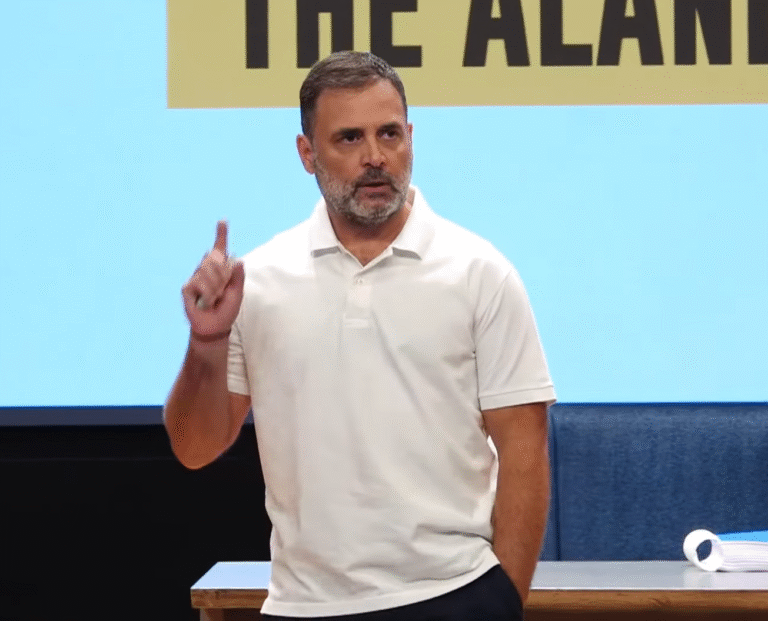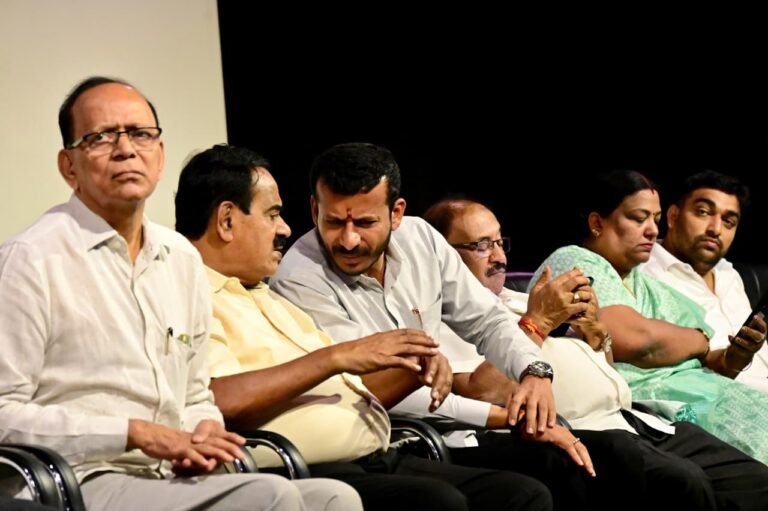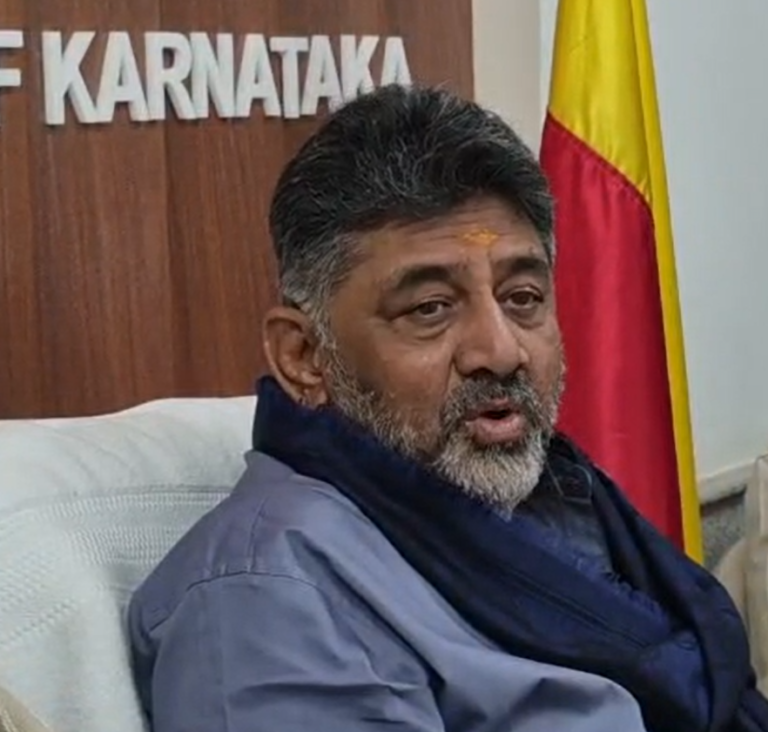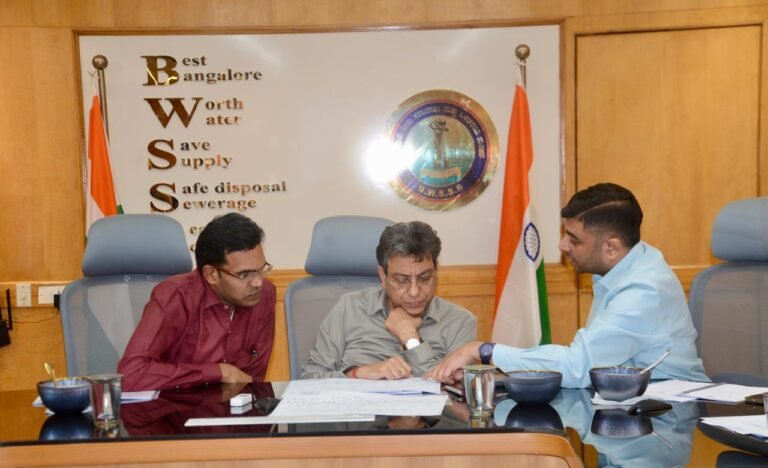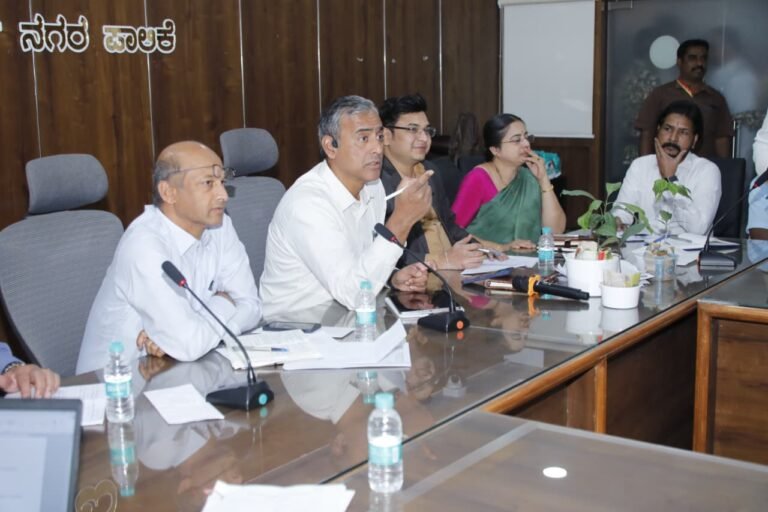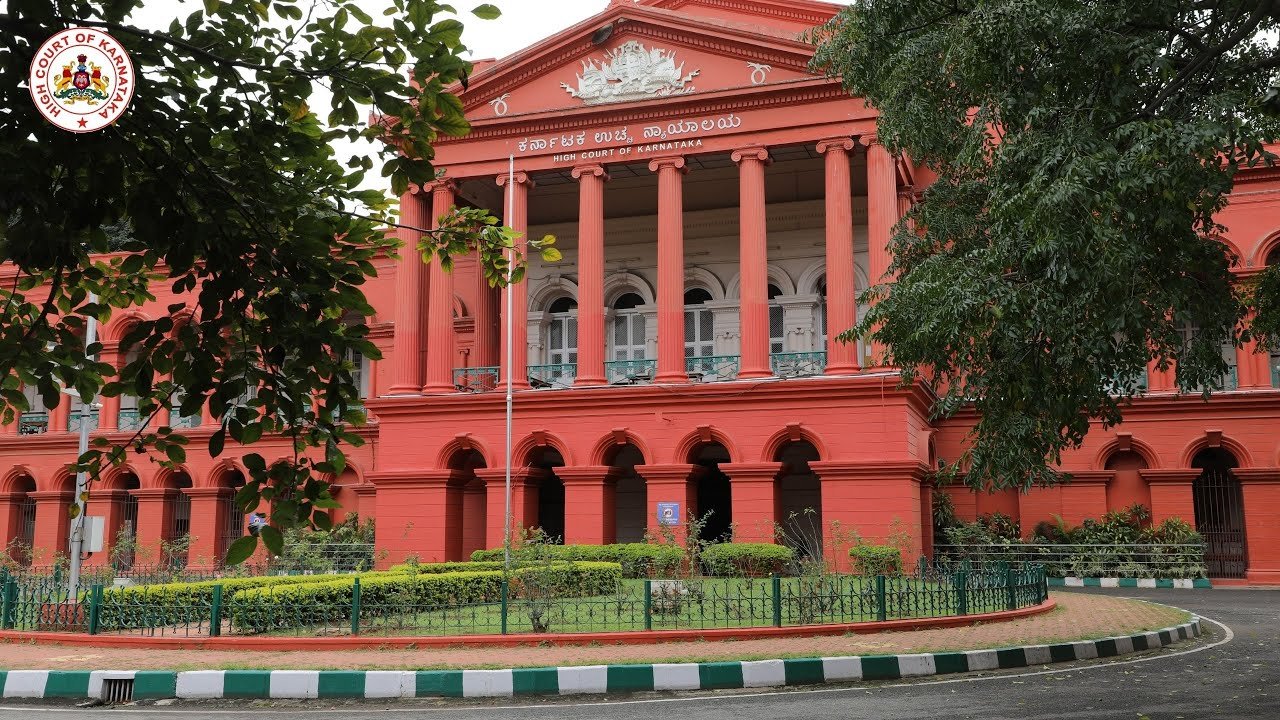
Bengaluru: The Karnataka High Court has strongly criticised the State Government over its handling of the ₹7,093 crore collected as beggars’ cess during the past four years, even as child begging continues unabated on the streets. The bench observed that this situation reflects poor governance and inefficiency despite significant financial allocations.
The division bench comprising Chief Justice N.V. Bhakru and Justice C.M. Poonacha was hearing a public interest litigation (PIL) filed by the Letzkit Foundation, seeking directions to identify children engaged in begging and to bring them into the social mainstream through rehabilitation programmes.
After hearing arguments, the court directed the government to furnish detailed information on how the cess collected by local bodies is being recovered and utilised, and adjourned the matter for eight weeks.
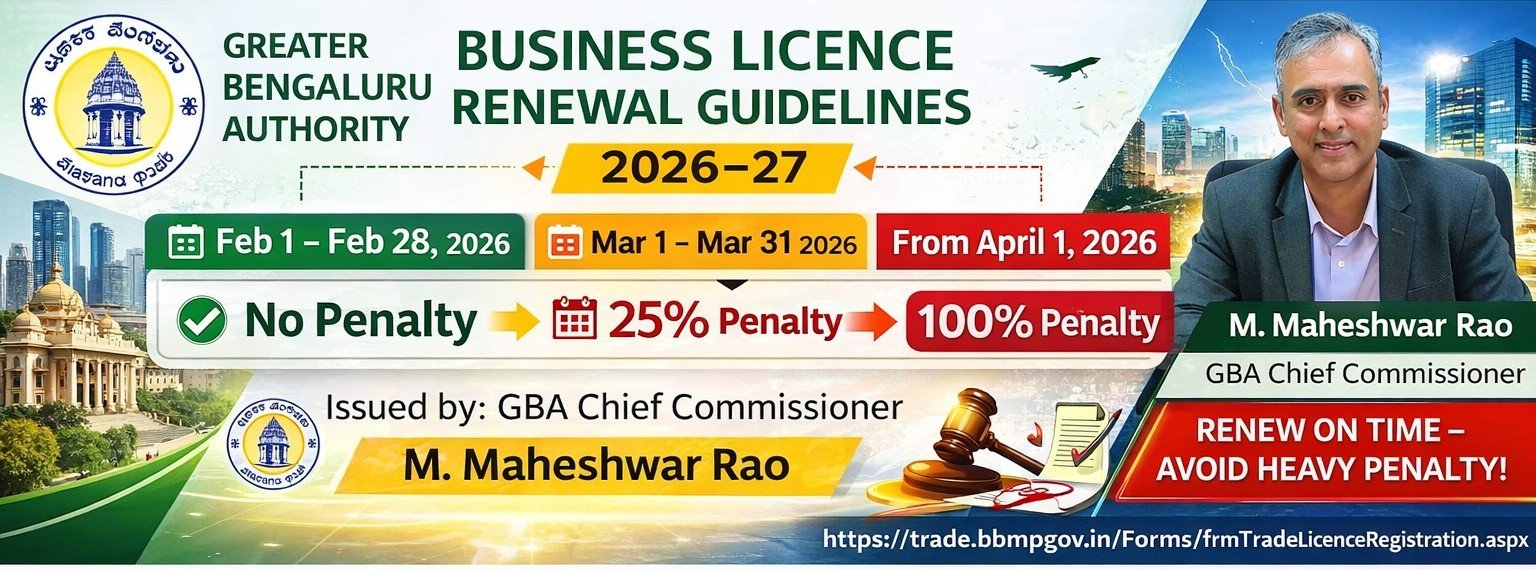
Published In Public Interest by thebengalurulive.com
Senior advocate Puttige R. Ramesh, appearing for the petitioner, cited government records showing that between 2021–22 and 2024–25, the State collected a total of ₹7,093 crore under the beggars’ cess, out of which ₹3,453 crore has been spent. However, ₹3,639 crore remains untransferred from local bodies to the state treasury. Despite such huge expenditure, he said, child begging persists across cities, exposing gaps in policy implementation.
Representing the government, the State counsel argued that many local bodies have failed to remit the cess amount to the government despite repeated reminders. The court was informed that notices have been sent to ensure timely remittance.
Taking note of these submissions, the bench directed the government to submit a full accounting of the cess collected, amount spent, and outstanding dues. It further instructed the Karnataka State Legal Services Authority (KSLSA) to compile comprehensive data on cess collection and utilisation, and ordered both the government and the KSLSA to submit a joint report within eight weeks.
The court’s observations underscore growing judicial concern over the state’s failure to eliminate child begging despite significant cess revenue, calling for accountability, transparency, and effective rehabilitation measures.



